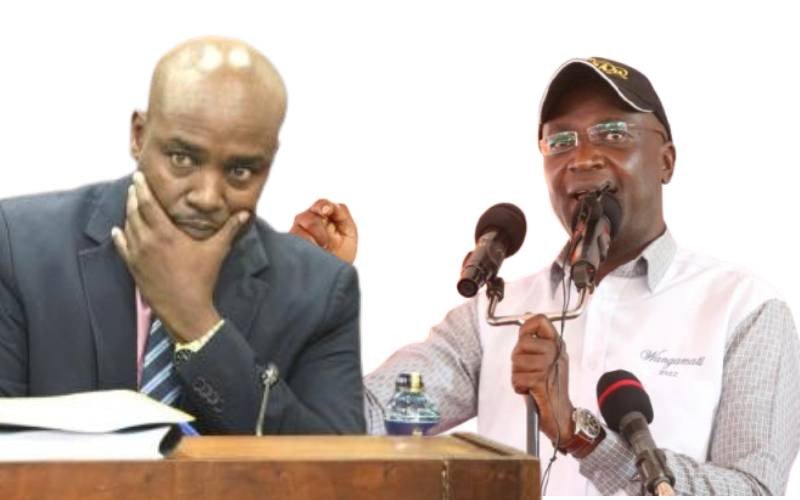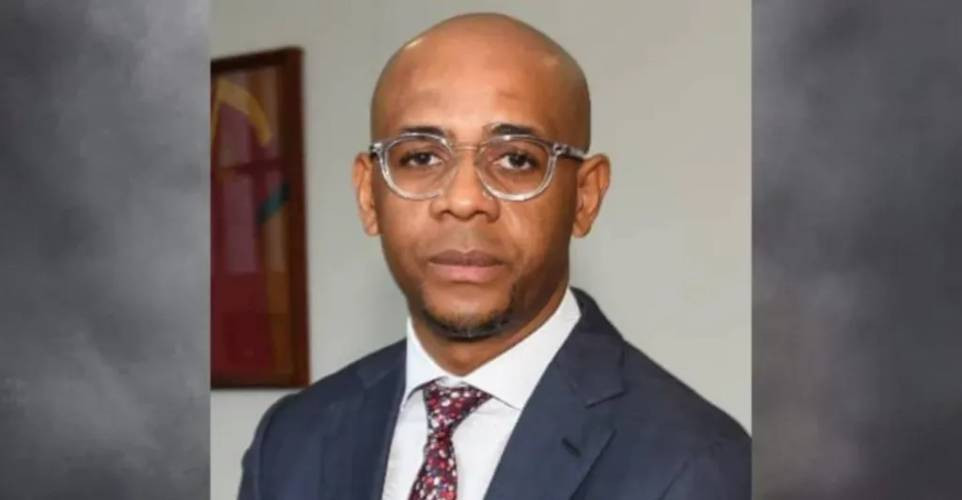Malawi's Music Scandal: Ombudsman Probes COSOMA Board Over Stolen Copyright Funds
A significant scandal is unfolding within Malawi's creative sector, as outraged artists have formally petitioned the Office of the Ombudsman, leveling serious accusations of egregious abuse of power and corruption against the Copyright Fund Committee, operating under the Copyright Society of Malawi (COSOMA). This controversy centers on the shocking revelation that key figures within COSOMA, including Board Chairperson Bishop Chimwemwe Mhango and board members Wendy Harawa and Deborah Ntopa, allegedly awarded themselves grants from the very fund they are mandated to oversee and protect.
The petition, meticulously filed under Section 7(1) of the Ombudsman Act (Chapter 3:07), outlines a litany of grievances. Artists assert that the COSOMA board engaged in a blatant conflict of interest, an undeniable abuse of authority, and the deliberate exclusion of deserving applicants without adhering to due process. The petitioners are demanding an immediate and thorough probe into these allegations, alongside the imperative return of all funds improperly allocated to the implicated board members. The petition explicitly states, "These actions amount to abuse of power by awarding grants to decision-makers themselves, unfair treatment of eligible applicants who were excluded without due process or communication, unreasonable, unjust, and inequitable decision-making under Section 5(2)(a) & (b)."
Industry players across Malawi's creative landscape have vehemently condemned the scandal, describing it as a profound betrayal of trust and an act of "daylight robbery" against the nation's struggling artists who rely on such funds for their livelihood and artistic development. One artist powerfully articulated the widespread sentiment, fuming that it is "nothing short of looting—officials turning a support fund into their personal ATM." This outrage underscores the deep sense of injustice felt by a community that perceives itself as being deprived by those sworn to protect its interests.
Ombudsman Grace Malera has confirmed the receipt of the formal complaint, stating that her office will initiate a screening process to determine its admissibility before proceeding with a full investigation. This development has ignited a fervent backlash throughout the creative industry, with many observers pointing to it as the latest and most stark example of how pervasive governance rot and self-enrichment schemes are actively choking the vitality and potential of Malawi's arts sector.
Beyond the immediate petition, there is a clear and urgent call for COSOMA itself to address its failures. Critics argue that an institution ostensibly tasked with safeguarding Malawian artists has instead become a 'playground for greed and self-enrichment.' They emphasize that this is not a minor oversight but a "blatant abuse of power, a conflict of interest, and a betrayal of every struggling artist." The audacity of board members allocating funds to themselves while deserving artists struggle is deemed "unconscionable, disgraceful, and indefensible," exposing a deep-seated rot within the institution.
The solution, though challenging, is deemed critical and immediate: COSOMA must not only demand the swift return of all funds wrongly awarded to its board members but also institute real safeguards to prevent such occurrences in the future. Any attempt to obfuscate or dismiss these accusations would only deepen public outrage and further erode already fragile trust. Artists and all Malawians demand institutions that genuinely serve the public good, rather than facilitating the self-serving interests of those in power. The time for excuses has passed; COSOMA must act decisively to repay the money, ensure accountability by addressing compromised board members, and, fundamentally, restore faith in the integrity and purpose of Malawi's creative industry.
You may also like...
Misfits Boxing 22 Delivers Chaos! Joey Essex Victorious, Dillon Danis Dominates, and Luke Rockhold Debuts

Joey Essex secured an emotional split-decision victory in his Misfits Boxing debut, while former UFC champion Luke Rockh...
Nigeria's Super Falcons Secure Historic 10th WAFCON Title in Thrilling Mission X Victory!
)
The Super Falcons of Nigeria have clinched their record-extending 10th Women's Africa Cup of Nations (WAFCON) title afte...
007 Casting Shocker: James Bond Frontrunner Flattered, Then Rules Himself Out of Iconic Role

British actor Mike Dickman, a rising star linked to the vacant James Bond role, expresses his flattery while building an...
Liam Neeson & Pamela Anderson Ignite the Screen in 'The Naked Gun' Remake's Hilarious Chemistry

This collection of film reviews highlights a diverse cinematic landscape, featuring Liam Neeson's surprisingly comedic t...
The Complicated Legacy of Live Aid: Unpacking the World's Biggest Charity Concert

Live Aid, the historic 1985 dual-venue concert organized by Bob Geldof and Midge Ure, mobilized a global audience to rai...
Bianca Censori's Shocking Style & Kanye's Latest Power Move: A Bold Statement!

Bianca Censori continues to generate headlines with her highly revealing fashion choices and her tumultuous relationship...
Pop Powerhouse Taylor Swift & Travis Kelce Are Engaged, Ring Details Revealed!

Travis Kelce and Taylor Swift have officially announced their engagement after more than a year of dating. Kelce recentl...
Pete Davidson's Paternity Joy: Star 'Dreaming of Fatherhood' as Elsie Hewitt Confirms Pregnancy

Pete Davidson and Elsie Hewitt are expecting their first child, with Hewitt announcing the joyous news on Instagram. Dav...




